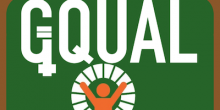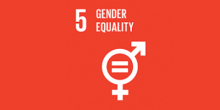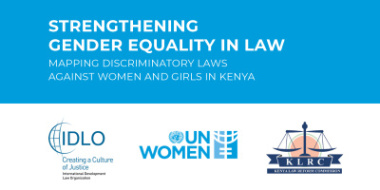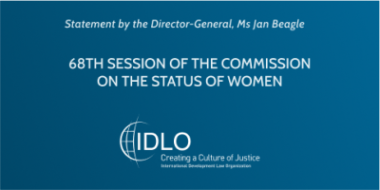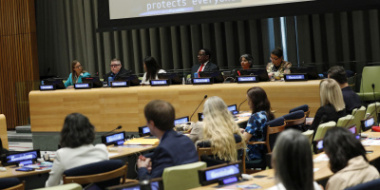International Women's Day 2018 | #GenderJustice
Gender discrimination is an affront to human dignity, a challenge to the rule of law and an obstacle to development. Gender inequality denies women their rightful place in society and robs societies of the contribution of half of their members.




